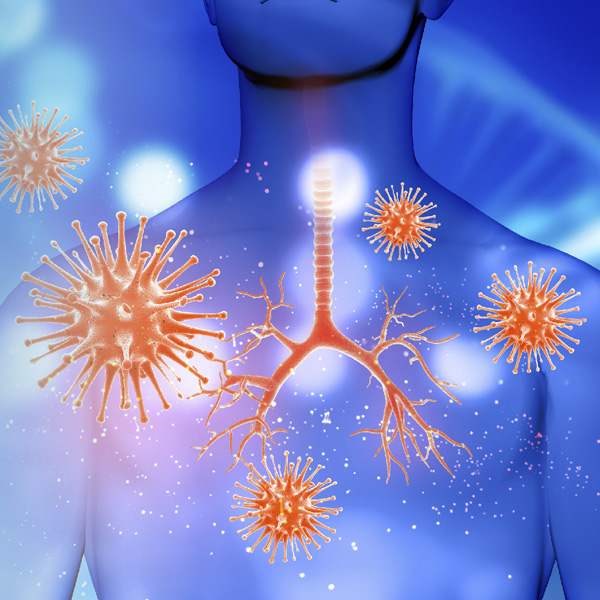




You probably know a few basic facts about your immune system. For example, most people understand that their immune systems help them stay healthy by fighting off bacteria, viruses, and parasites. But there's so much else to learn about immunity! Here are a few intriguing facts you might not have heard before.
You have more than one type of white blood cell
Not all white blood cells are the same. There are several different kinds. Each has its own role to play in defending the body from disease. For example:
— Lymphocytes create antibodies to fight off viruses, bacteria, and other pathogens.
— Monocytes help to break down bacteria.
— Eosinophils kill cancer cells, kill parasites, and play a role in your body's allergic response.
Your immune system is actually made up of two systems
When we talk about immunity, we often refer to "the immune system," but this system can be divided into two parts:
— The innate immune system: This system is already developed when you are born. It responds quickly to threats by releasing cells and proteins that quickly kill off harmful germs. It reacts to all invaders in the same way, so it's sometimes described as "non-specific."
— The adaptive immune system: When you are exposed to a pathogen, such as a virus, your adaptive immune system makes antibodies that defend your body from that specific pathogen in the future. If you are re-infected, your body will use these antibodies to fight the infection. Unlike the innate immune system, it can take a few days to respond.
The cells in your immune system are produced throughout your body
Various organs in your body produce the cells that make up your immune system. They include your spleen, thymus, bone marrow, tonsils, and tissues in your small intestine known as Peyer's patches.
Your immune system needs lots of sleep to function properly
Just one night of poor-quality sleep can lower the number of white blood cells in your body, which in turn makes it harder for your immune system to fight off diseases.
Sleep deprivation could also make it more difficult for your adaptive immune system to make antibodies after exposure to germs. This could have important implications when it comes to vaccine use because vaccines work by training your immune system to make antibodies that protect you from future infections.
According to one study, people who sleep less than 6 hours per night are less likely to develop useful antibodies after receiving a vaccine compared to those who get 7 or more hours per night.
Sunlight can boost your immune system
Exposure to UV light encourages your body to produce vitamin D. This is key for a healthy immune system because some types of white blood cells don't mobilize if your vitamin D levels are low.
I hope this list has taught you a few new things about your body's immune system. The next time you fight off an infection, thank your immune system for doing such an awesome job!